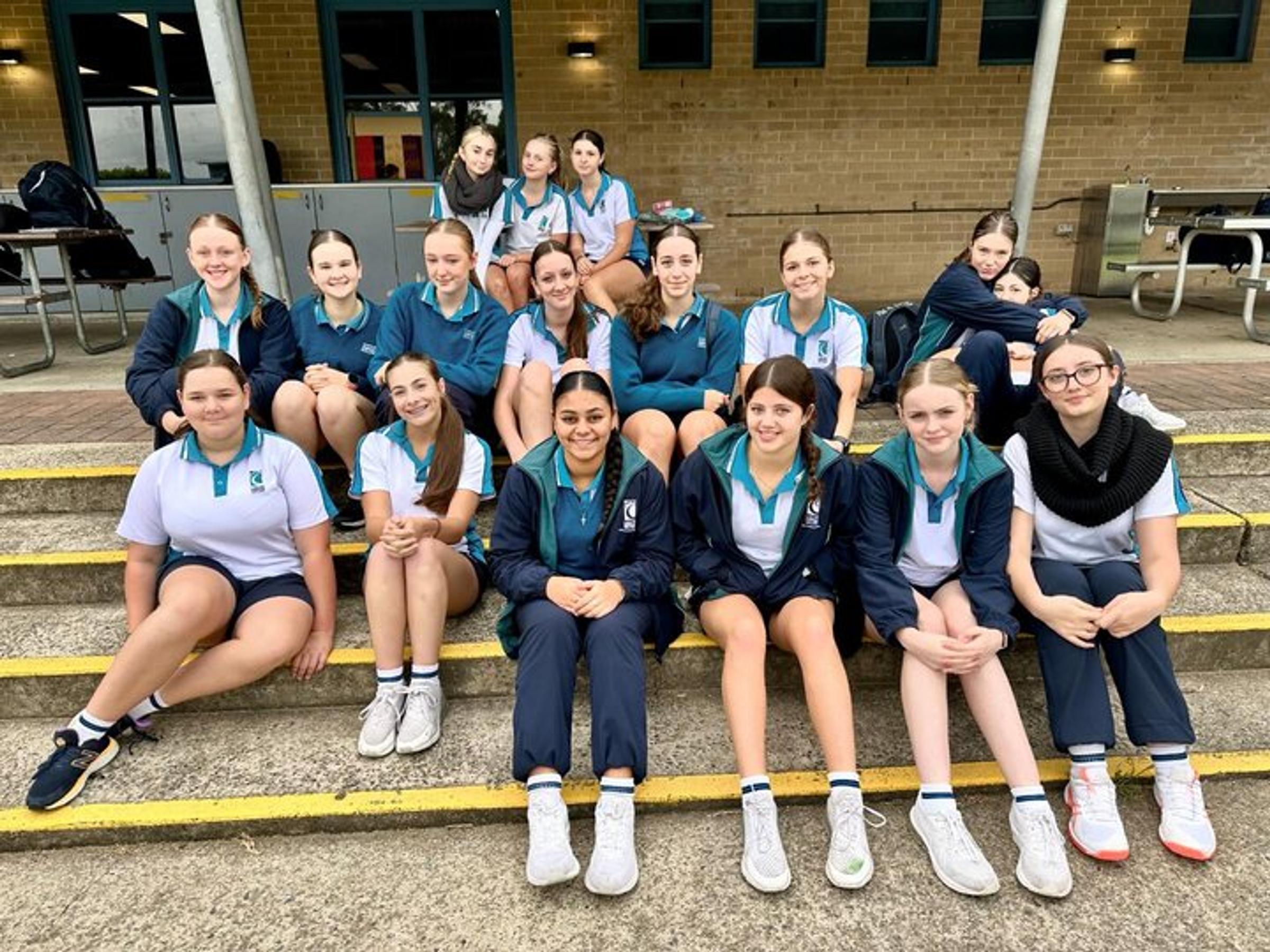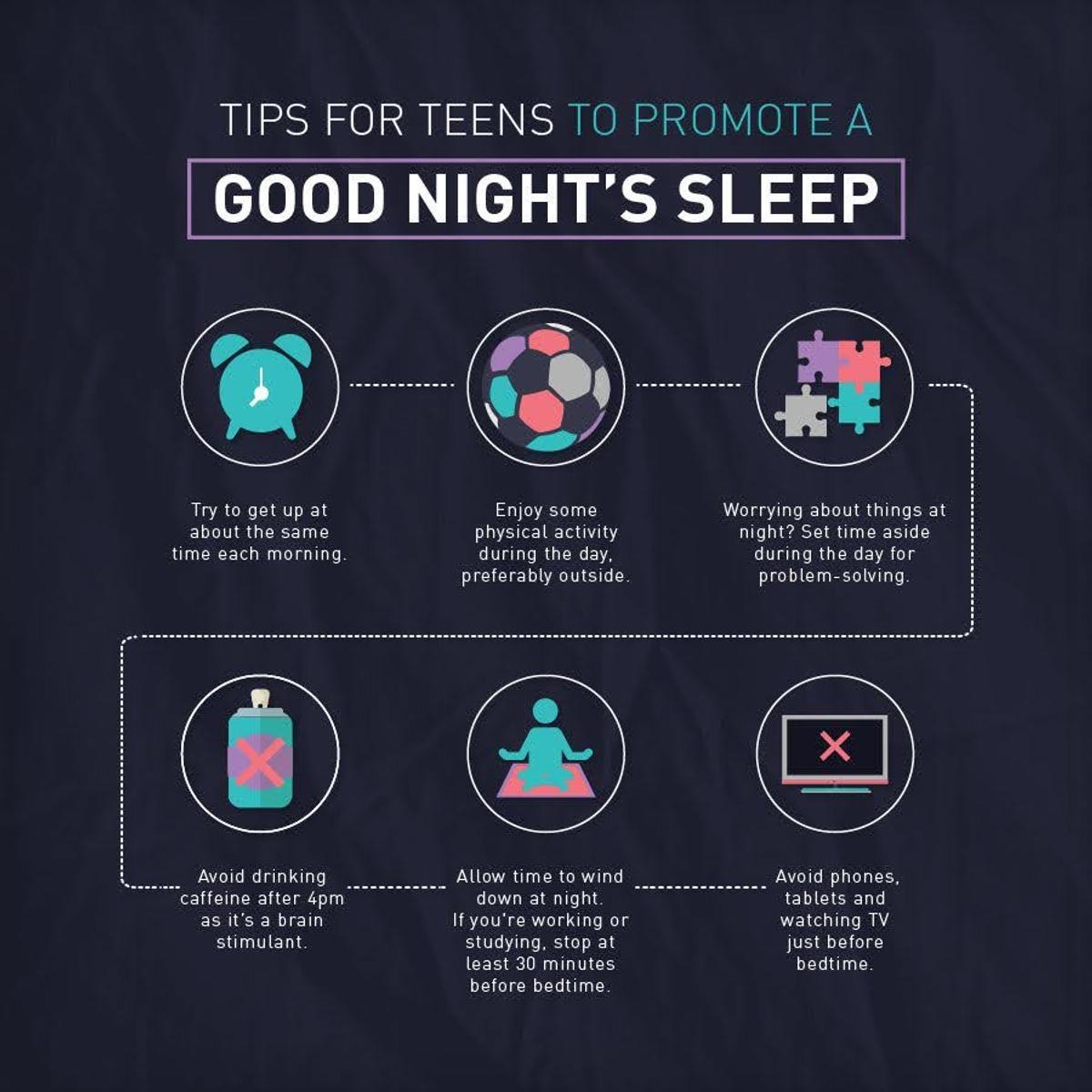Wellbeing

The importance of SLEEP
Data from our PIVOT Wellbeing for Learning Check indicates that sleep patterns in particular a lack of sleep continues to negatively impact student wellbeing.
A good night’s sleep can have a hugely positive impact on a student’s mood and their learning outcomes. When students sleep well, they are better able to concentrate in their classes and retain new information. When students are tired, they will be less likely to focus and learn new information quickly and efficiently. Equally, when students do not sleep well, they are less likely to be able to consolidate and easily recall new information.
The recommended daily amount of sleep for adults is around 8 hours a night, but children and young people may need more. Experts suggest that 9-11 hours of sleep is best for 6-13 year olds, whilst for 14-17 year olds the optimum length of sleep is between 8-10 hours.
Sleep allows our bodies and minds to rest and recharge. When students experience healthy sleeping patterns and good quality sleep, they are more likely to have healthy bodies, experience full cognitive function and have stable moods. Without enough restful sleep, students may struggle to function properly. In these cases, concentration may be impaired, and it may be harder for students to retain memories and have clear thought processes.
If we don’t sleep well, research shows that we are more likely to experience heightened emotions and become increasingly sensitive to stressful situations. Sleep can impact our ability to regulate our behaviour. Poor sleep can impact how students perceive and judge the different situations that they find themselves in throughout the school day. If they find themselves in new or challenging situations, students who aren’t sleeping well may be less likely to assess these situations accurately. This can result in students struggling to react with appropriate behaviours.
For students, poor quality sleep or reduced sleep can result in a higher risk of anxiety, depression and aggressive behaviour in their learning environments.
For more information about sleep visit SchoolTV Sleep resources
Mrs Sonya Peters
Leader of Wellbeing

